In 2025, industrial hemp cultivation remains a regulated yet increasingly accessible agricultural opportunity across Australia. Farmers and entrepreneurs are showing growing interest in hemp due to its versatility, sustainability, and rising demand in sectors such as textiles, construction, health supplements, and bio-composites. Despite national consistency on some standards—such as the maximum allowable tetrahydrocannabinol (THC) content of 1% in leaves, flowering heads, and seeds—regulations vary significantly between states and territories. This state-by-state guide outlines licensing processes, compliance obligations, and cultivation rules, providing a clear framework for anyone considering entry into Australia’s industrial hemp industry. Understanding these differences is crucial, as non-compliance can lead to fines, license revocation, or even criminal charges.
New South Wales
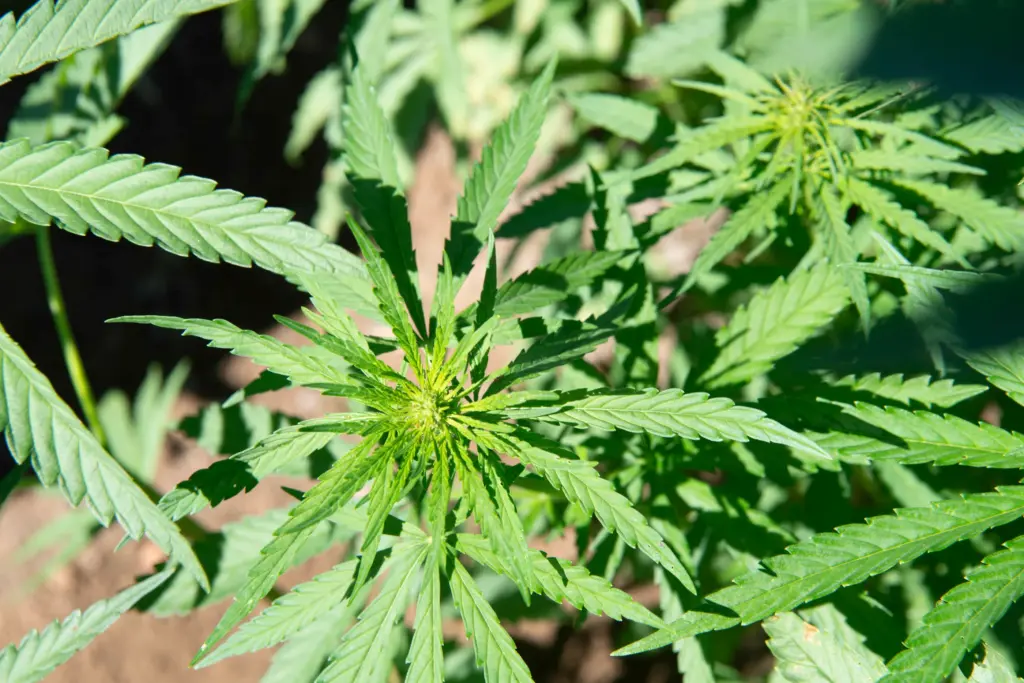
In New South Wales, the Department of Primary Industries (DPI) administers industrial hemp licensing under the Hemp Industry Act 2008. Applicants must be over 18 years old, pass a national police check, and demonstrate a legitimate commercial or research purpose. Hemp crops must contain no more than 1% THC, and approved cultivars must be sourced from the DPI’s authorised list. Licences are typically valid for up to five years, with annual reporting on crop location, seed source, and yield. Random inspections and THC testing are common, and growers must allow inspectors access to properties at all reasonable times. The state’s approach is relatively straightforward, making NSW one of the more accessible jurisdictions for small to medium-scale hemp enterprises.
Victoria
Victoria regulates industrial hemp under the Drugs, Poisons and Controlled Substances Act 1981, with the Agriculture Victoria agency managing applications. Prospective growers must hold a licence to possess, cultivate, and process low-THC cannabis for commercial or research purposes. The maximum THC threshold is also 1%, and only approved seed varieties may be planted. Licences last up to three years and require detailed records of sowing dates, seed batch numbers, and harvest outcomes. In 2025, Victoria has introduced streamlined digital application processes and reduced some licence fees to encourage agricultural diversification, although background checks and property suitability assessments remain strict. Breaches can lead to immediate suspension of cultivation rights.
Queensland
In Queensland, industrial hemp licensing is governed by the Drugs Misuse Act 1986 and managed by Biosecurity Queensland. Licences are available for cultivation and research of low-THC cannabis with the same 1% threshold. Applicants must be deemed “fit and proper persons” and provide fingerprint-based criminal history checks. Queensland is notable for its emphasis on strict site security, often requiring fencing, signage, and controlled access points. Licences are issued for up to three years, with mandatory record-keeping and crop testing. In recent years, the state has expanded research partnerships with universities to explore hemp’s potential in fibre composites and nutraceuticals, creating opportunities for innovation-focused growers.
Western Australia
Western Australia operates its industrial hemp framework under the Industrial Hemp Act 2004, with oversight from the Department of Primary Industries and Regional Development (DPIRD). Growers must obtain a licence for cultivation and processing, valid for up to three years. WA enforces the 1% THC limit but also mandates the use of approved seed varieties from certified suppliers. The state has large-scale hemp potential due to its vast agricultural zones and export infrastructure, but licensing requires clear plans for crop management, intended end use, and compliance with environmental standards. Annual returns, including crop maps and seed purchase records, are compulsory. DPIRD inspectors carry out random compliance checks, and breaches can result in significant penalties.
South Australia
South Australia regulates hemp under the Industrial Hemp Act 2017, administered by the Department of Primary Industries and Regions SA (PIRSA). Licences are available for both cultivation and supply, with a maximum THC threshold of 1%. Applicants must undergo police checks and meet strict land-use requirements, including separation distances from high-THC cannabis crops to prevent cross-pollination. Licences are generally valid for three years, and PIRSA conducts annual THC sampling. The state has been encouraging hemp as a sustainable crop for dryland farming regions, offering support programs and research funding to boost industry adoption.
Tasmania
Tasmania has one of Australia’s longest-running industrial hemp programs, governed by the Industrial Hemp Act 2015 and administered by the Department of Natural Resources and Environment Tasmania. The state is known for its ideal hemp-growing climate and strong export focus. Licences are available for cultivation, supply, and research, with the 1% THC cap in place. Tasmania’s licensing system is efficient, and renewals are straightforward for compliant operators. However, the state requires precise crop reporting, including harvest weights and intended markets. Annual inspections and random testing ensure regulatory adherence. Tasmania remains a leader in hemp seed and fibre exports in 2025.
Northern Territory and Australian Capital Territory
In the Northern Territory, industrial hemp is regulated under the Industrial Hemp Act 2019, with the Department of Industry, Tourism and Trade issuing licences. The region’s tropical climate poses unique challenges for cultivation, but pilot projects are exploring suitable varieties. Licences last for up to three years, with mandatory THC testing before harvest. The Australian Capital Territory (ACT), while known for its more relaxed cannabis laws for personal use, still regulates industrial hemp separately. The ACT’s licensing process is aligned with national THC limits, and the Environment, Planning and Sustainable Development Directorate oversees applications and compliance.
Compliance and Industry Outlook
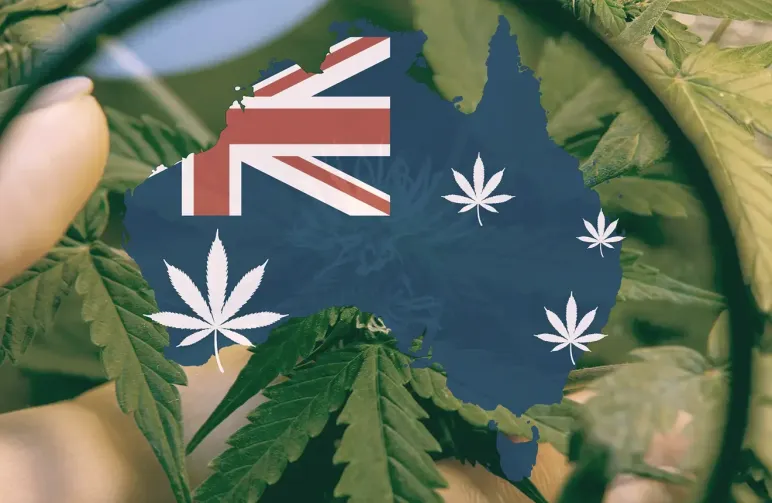
Across all states and territories, industrial hemp growers must keep detailed records, submit to inspections, and use approved low-THC seed varieties. In 2025, there is growing federal interest in harmonising certain aspects of licensing to reduce duplication for businesses operating across multiple jurisdictions. Industry projections suggest strong growth in domestic processing capacity and international exports, especially for hemp fibre, protein powder, and CBD wellness products. While the THC threshold remains consistent nationwide, variations in application processes, licence fees, and security requirements mean that aspiring growers must thoroughly research their local regulations before investing.

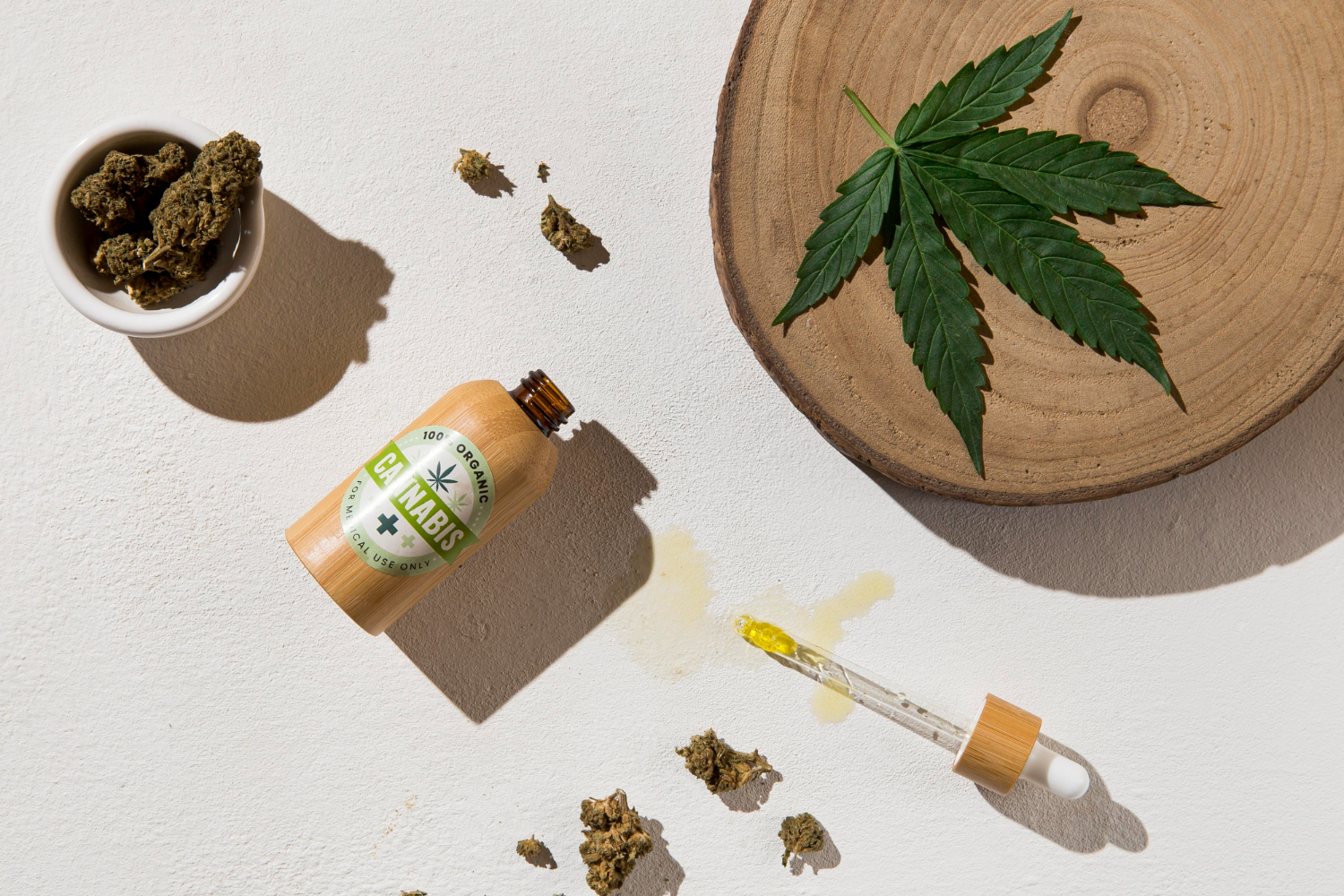

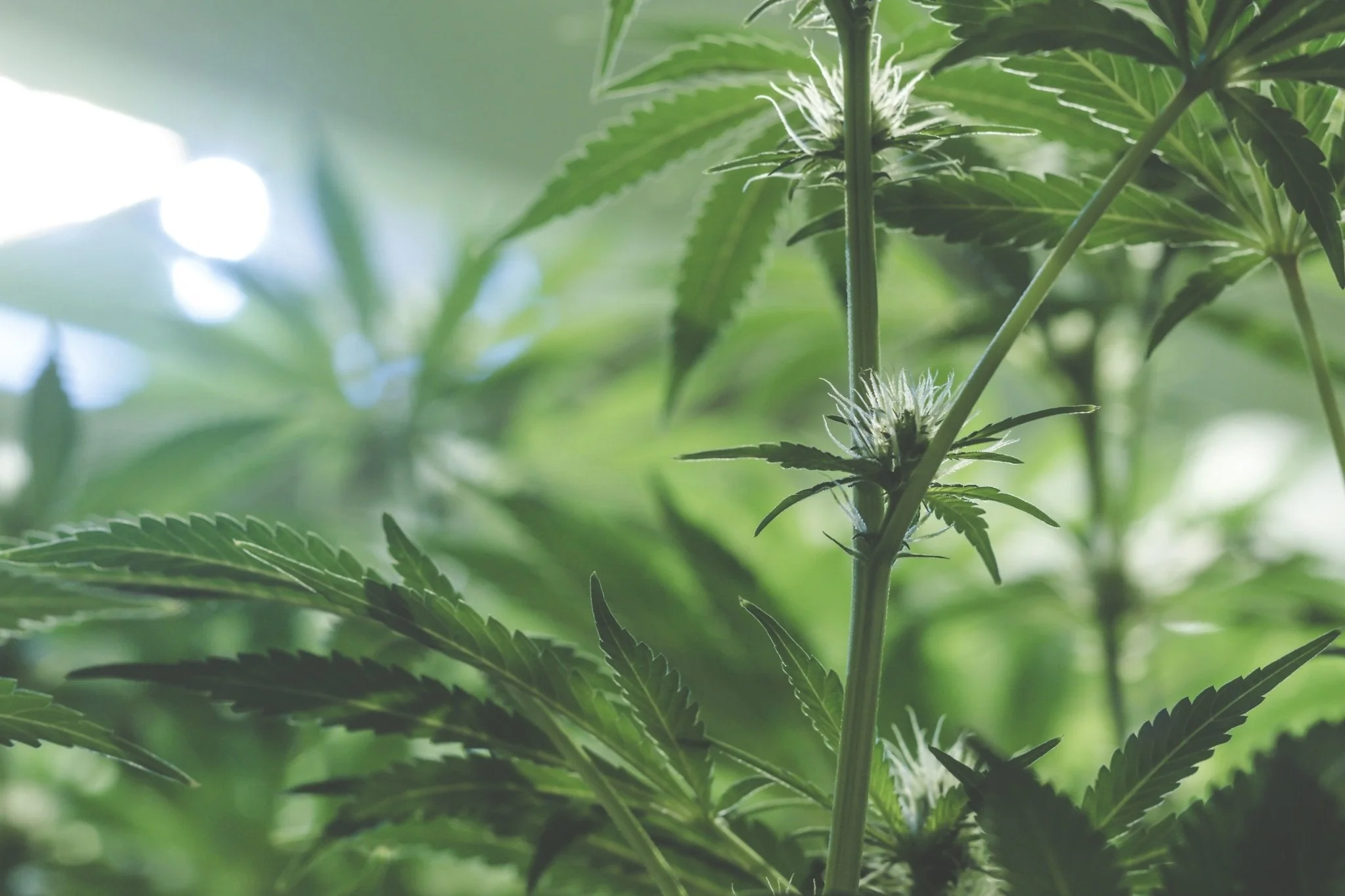
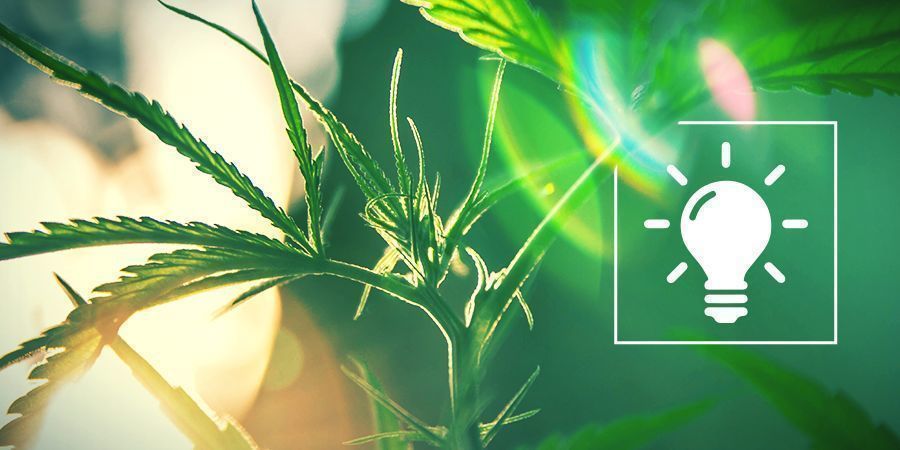
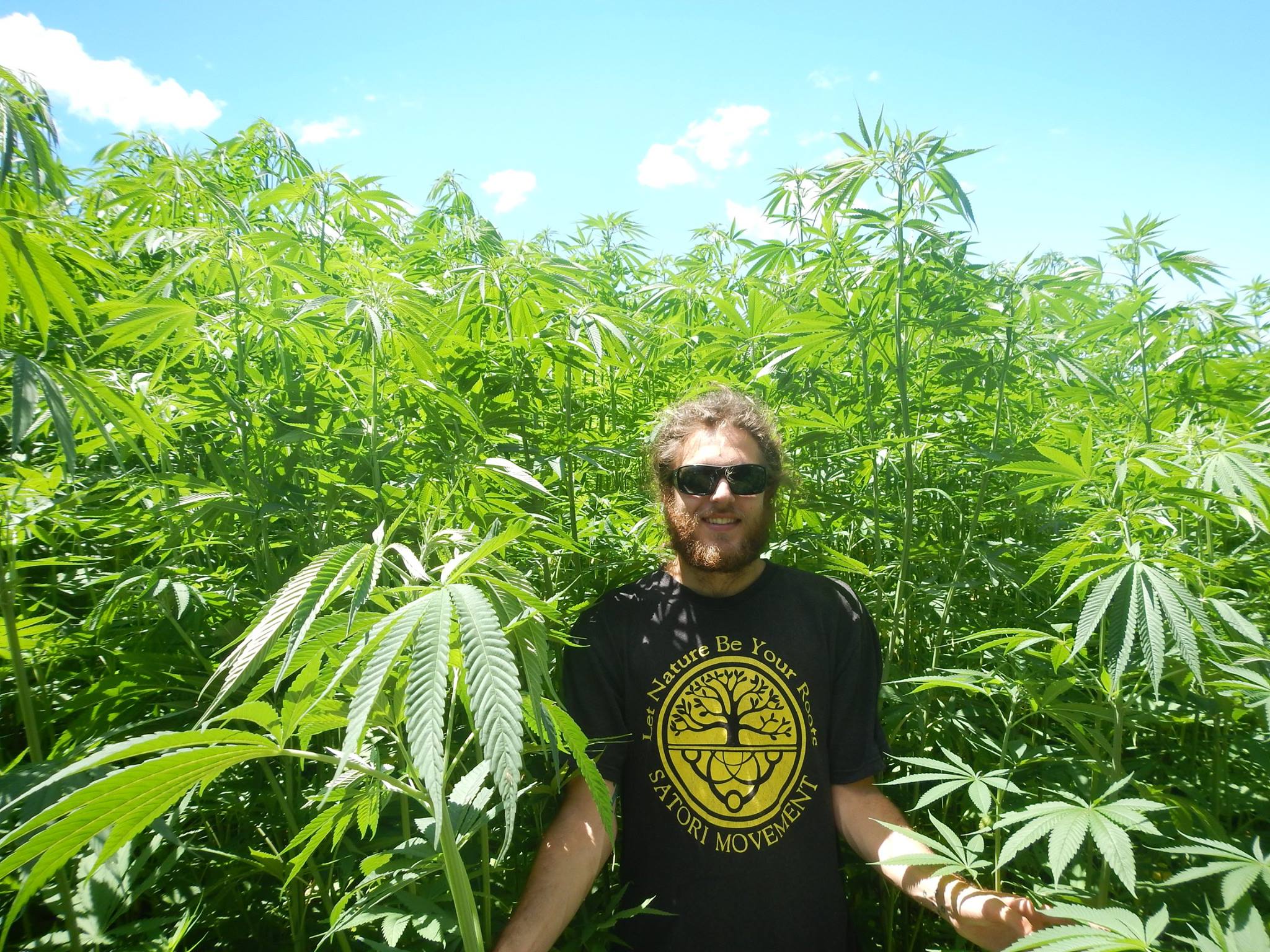
Leave a Reply